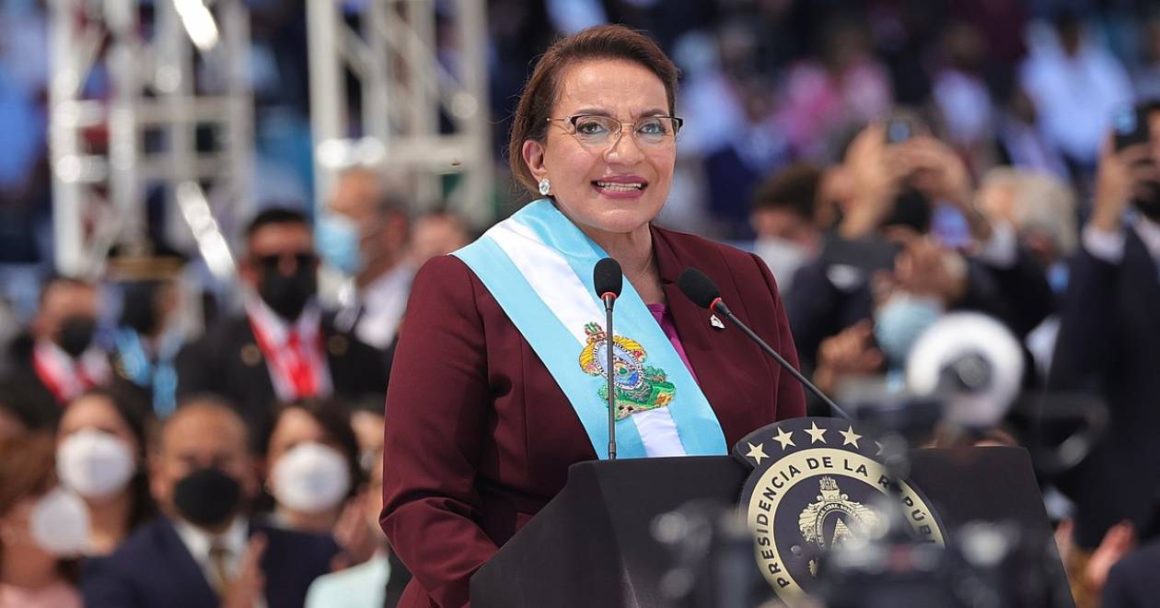While the world’s largest economies are gearing up for the CBDC race we recently wrote about, smaller countries are looking to integrate “traditional” cryptocurrencies into their financial systems. The alternative, they realise, is quickly losing their fiscal independence in the new economic reality.
According to experts of the world’s largest investment company BlackRock, we are in for another wave of interest in virtual assets. In a letter to the company shareholders, CEO Larry Fink claimed it was triggered by global tension (read: the war in Eastern Europe). According to him, at a time like this, digital currencies become more than just an alternative, but rather a safe investment tool in the face of market turbulence.
Fink emphasized that the world is entering a phase of the global financial infrastructure transformation happening around digital payments. For the record, we have made the exact same point in one of our recent articles.
One of the most notable news of the past week was the information that the President of Honduras, Xiomara Castro, is supposedly about to announce the full legalization of BTC as a national legal tender. It is said to be the way for the country to cast off the “currency leash” of the United States.

As you may recall, last year, El Salvador became the first state to adopt bitcoin as its legal tender on par with the US dollar. Despite certain issues (e.g., lost profits), the people of the country have generally approved of the move. Cuba soon followed suit and legalized all cryptocurrencies as a means of payment within the country.
El Salvador and Cuba gave a blueprint to many other Latin American countries, most of all – Ecuador, Panama, and Brazil. All regional governments (except for maybe Mexico) have figured that the legalization of crypto payments may be just the incentive their economies need to drive them forward in the coming years.
According to the media reports, Honduras is not an outlier in this matter. “We must not allow El Salvador to be the only country escaping dollar hegemony. Honduras has the right to move towards the First World countries.” – President Xiomara Castro stated.
However, what happened next was somewhat confusing. A week later, the Central Bank of Honduras officially denied rumors of bitcoin legalization. Instead, the financial authority stressed that they continue exploring the possibility of issuing a state digital currency.
Not only Latin America – Asia and Africa also see that legalizing BTC and other cryptocurrencies will attract capital of large investors and economic migrants who own crypto to their countries. With the necessary infrastructure in place, this could have a beneficial effect on any economy.
One major Asian state that is moving towards the legalization of the crypto market is Malaysia. The country’s Ministry of Communications and Multimedia believes that digital currencies should be recognized as a legal means of payment, and, moreover, citizens should be allowed to lawfully (including with regards to property rights) conduct NFT transactions.
Deputy Minister of Communications and Multimedia of Malaysia Datuk Zahidi bin Zainul Abidin – a supporter of the blockchain industry legalization – claimed the number of citizens who acquire various kinds of tokens has recently rapidly gone up. Notably, young people seem to constitute the majority of investors.
Regulating the market will allow the government to ensure its security and transparency. The official stressed that the Central Bank and the Securities Commission will be able to handle operations with digital assets: “We hope that the government will manage this area so that we can increase young people’s participation in the industry.”
However, the country’s leadership realises that cryptocurrencies are volatile tools, so the state must explain to crypto investors that the cost of tokens and coins can change dramatically over a short period. Additional potential issues include hacker attacks and problems with sending funds due to low blockchain scalability.
Hong Kong, taking advantage of its special economic status within China, becomes another candidate for crypto adoption with plans to pass a bill on cryptocurrencies before the end of the year. The law, among other things, will include licensing crypto exchanges and increased oversight over stablecoins.
Over in Africa, the KuCoin crypto exchange has conducted a new large-scale study. The results, in particular, demonstrate that Africa is gradually becoming the region with the largest number of cryptocurrency holders. (Not by the asset share, but by the number of people using crypto)
According to estimates, the number of transactions with bitcoin and other digital coins on the Dark Continent increased by 2,500% in 2021. For now, this growth has stalled, as new users are probably still gaining experience.
African cryptocurrency holders currently account for about 2.8% of all digital asset transactions, and KuCoin CEO Johnny Liu believes that the number of bitcoin investors in Africa will grow in the years to come. The speed of everything related to cryptocurrencies spreading throughout the continent is the highest in the world, more than in Europe, Asia, and the USA.
The research also showed that more than 88% of cryptocurrency transactions in Africa are carried out across borders. The reason is the complexity of legislation on international payments in fiat, as well as high taxes on it. In addition, high inflation levels and the depreciation of local currencies force Africans to seek out the most convenient and reliable forms of capital preservation. Digital currencies are proving to be the best tool for this purpose, the KuCoin CEO notes in the preface to the report.
To be continued…



